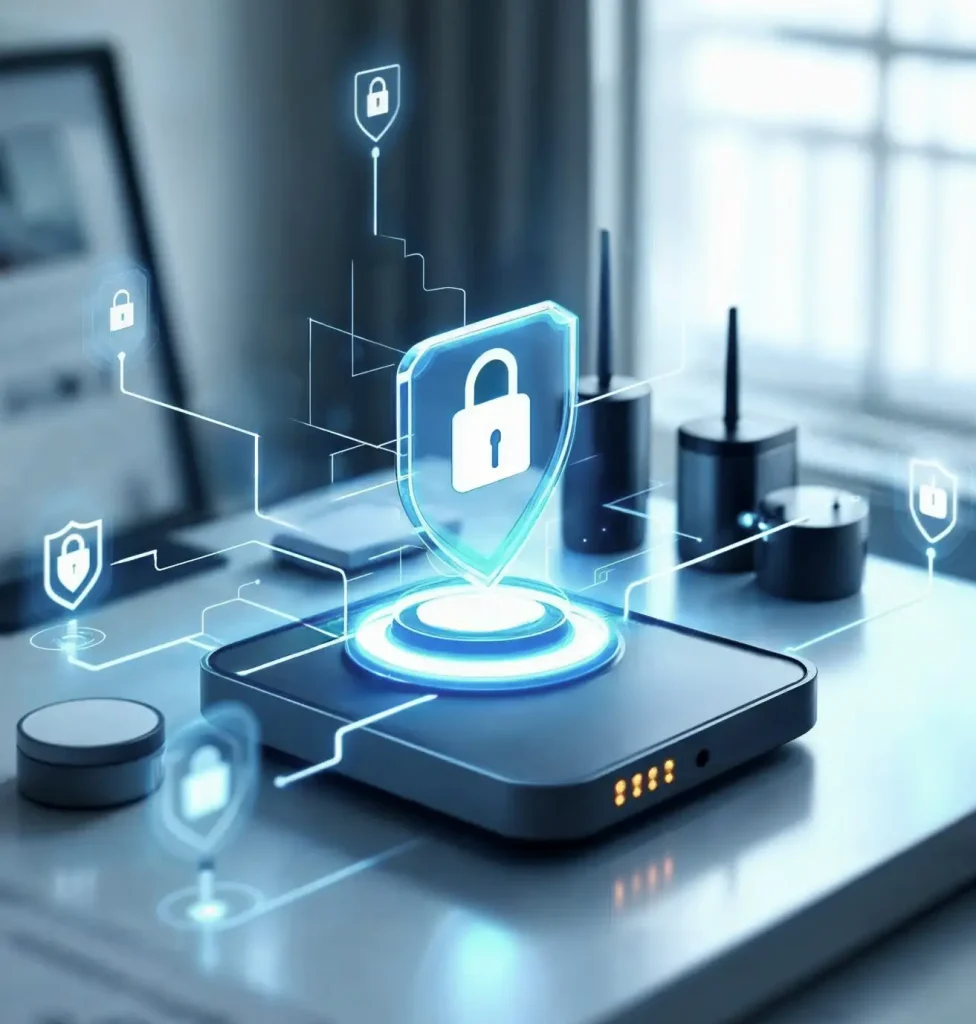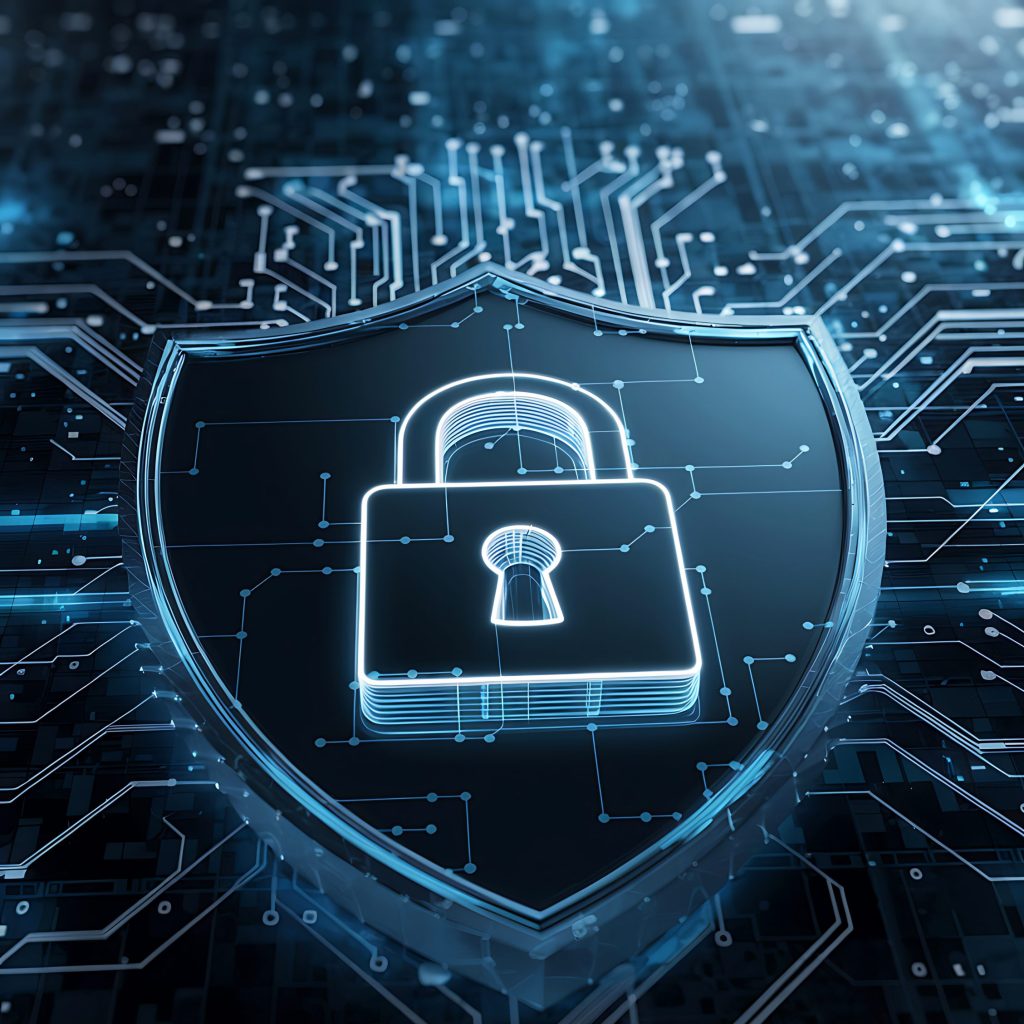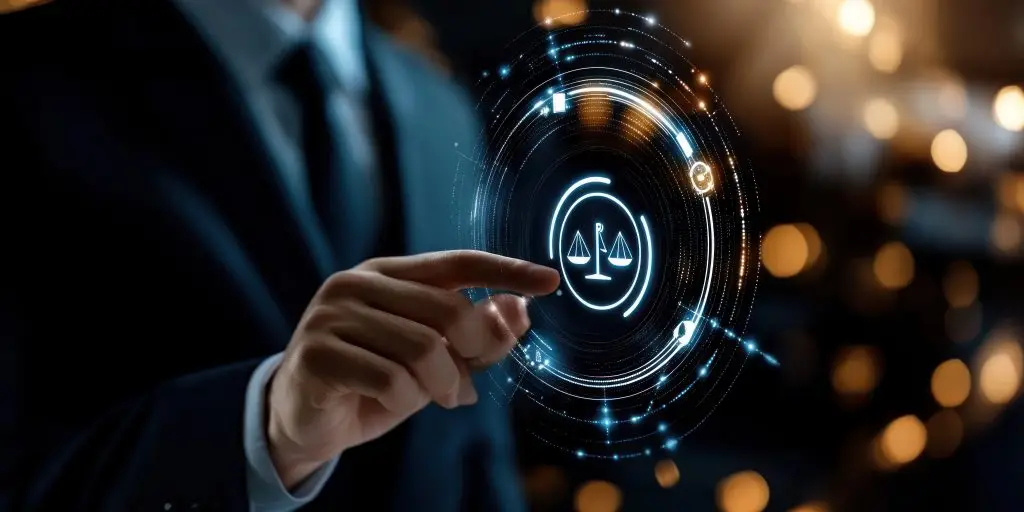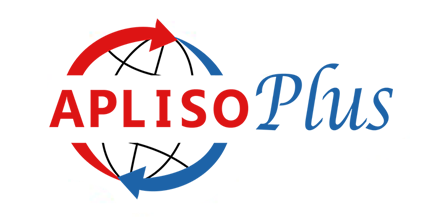What is ISO 27001?
ISO 27001 is the global standard for Information Security Management Systems (ISMS). It enables organisations to identify, manage, and mitigate security risks, ensuring data confidentiality, integrity, and availability.
Why is ISO 27001 Important?
In today’s digital landscape, safeguarding information is paramount. ISO 27001 provides a systematic approach to managing sensitive data, enhancing your organisation’s reputation by demonstrating robust data protection measures.
Benefits of ISO 27001
- Protection of sensitive data
- Increased stakeholder trust
- Compliance with legal and regulatory requirements
- Improved risk management

How to Implement ISO 27001
Start with a Gap Analysis to identify vulnerabilities in your current information security practices. Develop and implement necessary controls and policies to address identified gaps.
Who needs it ISO 27001
Information is the lifeblood of our lives these days. We store our information in digital formats in countless locations and devices and are not always sure who has access to this. Information Security is an absolute priority for every business. ISO 27001 shows you what and how to do manage this effectively.
Common Challenges ISO 27001
The main challenge is knowing where all your information is held, who has access to it and how to control this. The risks and threats in Information Security are changing so quickly, it is vital you have a process to manage this effectively – ISO 27001 is the starting point
How APLISO-Plus Can Help you with Closing Cybersecurity Gaps
APLISO-Plus centralises documentation, tracks risk assessments, and maintains audit-ready compliance. Our consultants support your implementation journey, ensuring resilience in practice through ongoing internal audits and evaluations.
Secure Your Systems – Start Closing Gaps Today


Frequently Asked Questions: ISO 27001
1. What is ISO 27001, and why is it important?
ISO 27001 is an international standard that outlines the requirements for establishing, implementing, maintaining, and continually improving an Information Security Management System (ISMS). It helps organizations protect sensitive information, manage risks, and demonstrate a commitment to data security — which is increasingly important in today’s digital and regulatory landscape.
2. Who should consider implementing ISO 27001?
Any organization that handles sensitive data — including customer information, intellectual property, financial records, or employee details — can benefit from ISO 27001. This includes businesses in IT, finance, healthcare, legal services, and Business Process outsourcing companies.
3. What are the key benefits of ISO 27001 certification?
ISO 27001 certification builds trust with clients and stakeholders by proving that your organization follows best practices for information security. It helps reduce the risk of data breaches, ensures compliance with regulations like GDPR, and often gives organizations a competitive advantage when bidding for contracts or entering new markets











































